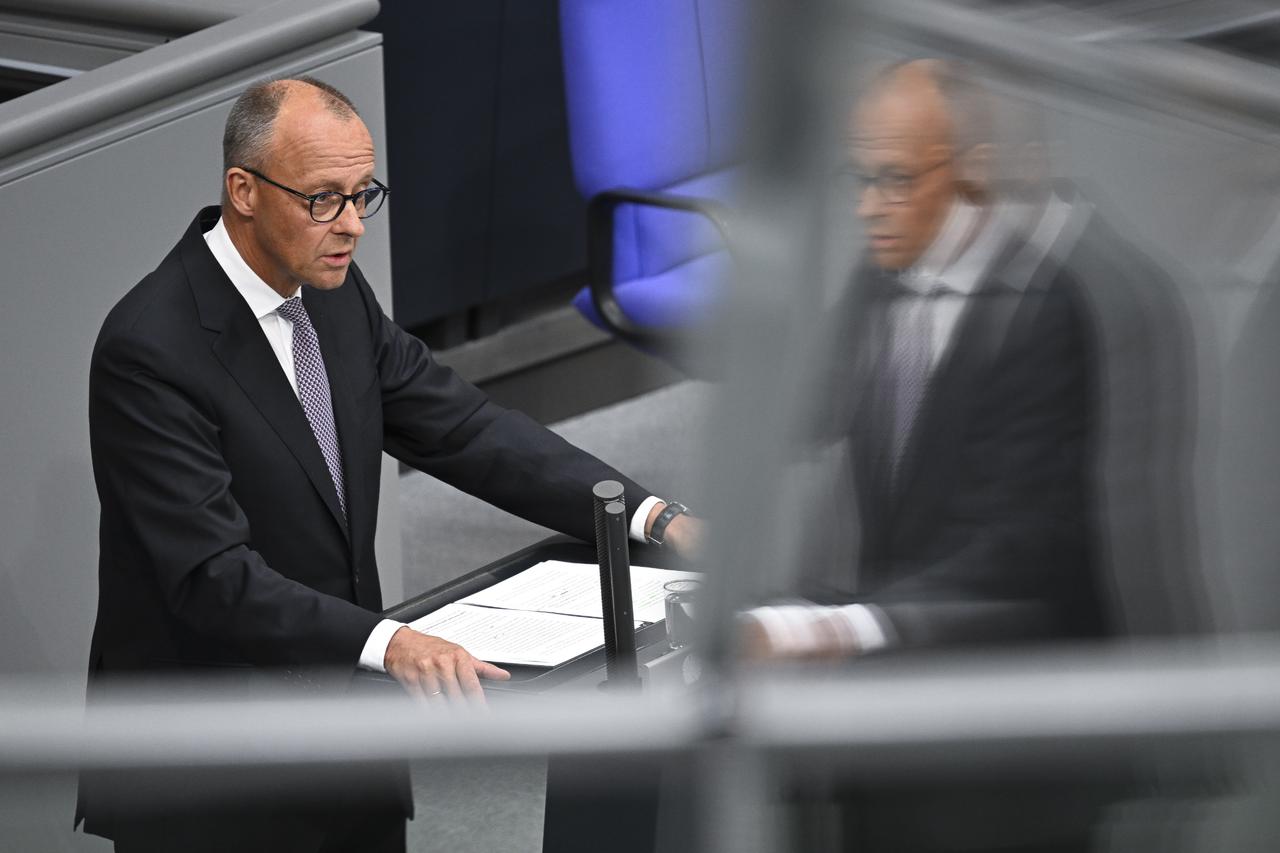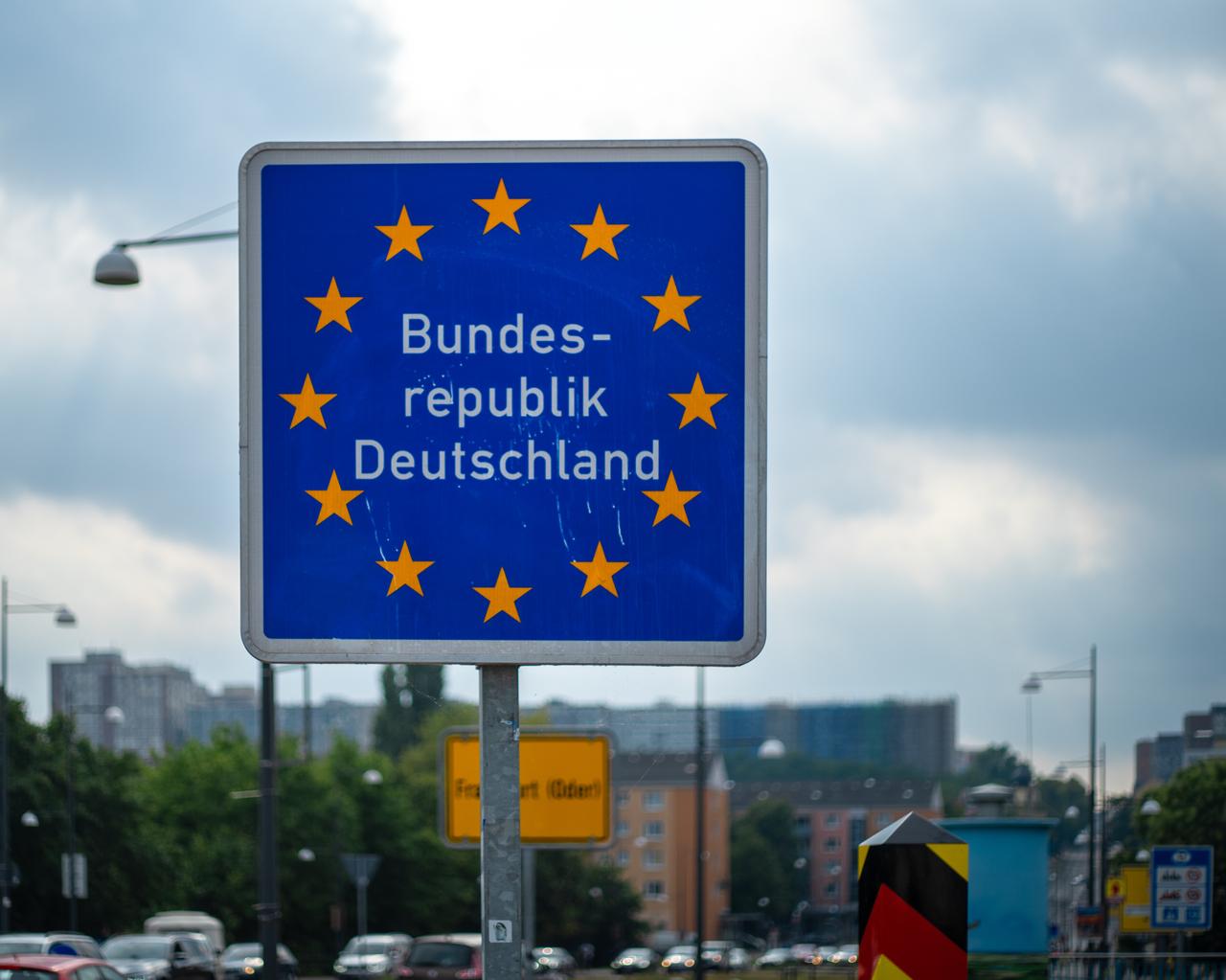
Germany is currently navigating important conversations around migration and integration, where issues of education, border management and social identity come together. Education Minister Karin Prien’s recent suggestion to set limits on the number of children with migrant backgrounds in classrooms has sparked discussion across the country, highlighting ongoing efforts to find effective ways to support both newcomers and the wider community.
Education Minister Karin Prien’s proposal to cap the share of students with migrant backgrounds at 30 to 40 percent per classroom speaks to a broader unease about how best to achieve successful integration within the education system. Yet, voices like those of integration commissioner Natalie Pawlik and German Teachers’ Association head Stefan Dull warn that quotas may fail to address the deeper, more complex issues at play.
They argue that concentrating on numerical limits could distract from the essential structural investments needed to fairly and effectively support all students, while also raising difficult constitutional and practical questions.

Under Chancellor Friedrich Merz, Germany has taken steps to manage migration more closely, aiming to balance humanitarian responsibilities with social and economic considerations.
Border controls and asylum procedures: Interior Minister Alexander Dobrindt has increased border security by deploying additional officers to help manage and reduce irregular migration at the country’s borders.
Family reunification pause: The Bundestag has temporarily suspended family reunifications for around 388,000 refugees with subsidiary protection status, primarily Syrians. This measure is intended to alleviate pressures on schools, housing, and childcare services, though it has understandably caused distress for many families affected.
Encouraging skilled migration: At the same time, the government continues to support the immigration of skilled workers, which has increased significantly since 2021, through new labor agreements and simplified visa processes, including partnerships with countries like Kenya.